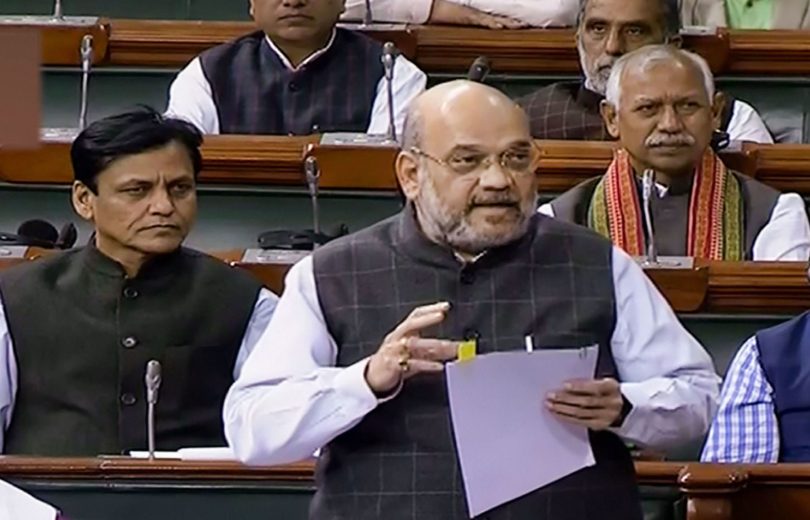[ad_1]
Placing his vision on cooperatives in the Lok Sabha, Union Cooperation Minister Amit Shah said in a written reply that besides other issues, promotion of the cooperative-based economic development model, including the spirit of responsibility among its members to develop the country, is a top priority.
In the Lok Sabha, Shah listed all the important fields in which his ministry is going to be active in due course. One of the priority areas, he named as identified by the Ministry of Cooperation to fulfil its mandate in the early stages is the Amendment of Multistate Cooperative Societies (MSCS) Act 2002.
Secondly, Shah also placed emphasis on the Computerization of Primary Agricultural Credit Societies (PACS). Thirdly he said Streamlining the education and training needs of the cooperative sector also occupies great importance for the newly created ministry.
The Ministry will also ensure “Coordination and convergence of various schemes of different Ministries/ Department and issues of cooperatives”, said Shah in his reply.
Shah said “Given the historical heritage of the cooperative movement in the country, the Government has created a new Ministry of Cooperation with the following mandate as per the Government of India (Allocation of Business) Rules, 1961 as notified vide Gazette notification dated 6.7.2021:
1. General Policy in the field of Co-operation and Co-ordination of cooperation activities in all sectors.
2. Realisation of vision “from cooperation to prosperity”.
3. Strengthening of the cooperative movement in the country and deepening its reach up to the grassroots.
4. Promotion of the cooperative-based economic development model, including the spirit of responsibility among its members to develop the country.
5. Creation of appropriate policy, legal and institutional framework to help cooperatives realize their potential.
6. Matters relating to the National Co-operative Organisation.
7. National Co-operative Development Corporation.
8. Incorporation, regulation, and winding up of Co-operative societies with objects not confined to one State including administration of ‘the Multi-State Co-operative Societies Act, 2002 (39 of 2002)’.
9. Training of personnel of co-operative departments and co-operative institutions (including education of members, office bearers and non-officials).”
There are two types of cooperative structures in the country i.e. State Cooperative Societies and Multi-State Cooperative Societies. The Multi-State Cooperative Societies come under Central Government and the State Cooperative Societies under State Governments.
[ad_2]
Source link








